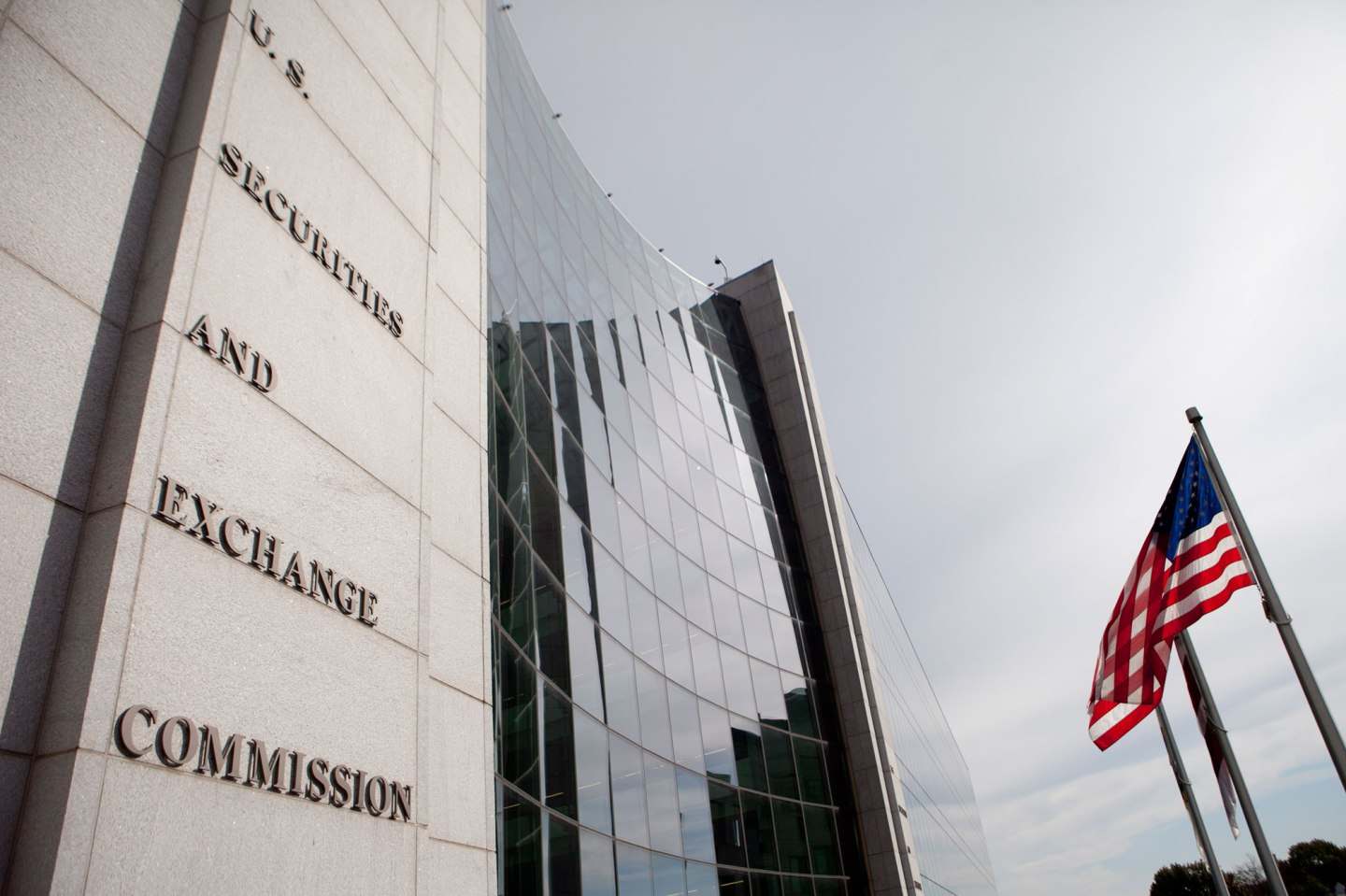A Citigroup unit (C) that manages a private trading exchange has agreed to pay $5 million to settle charges that it failed to safeguard confidential customer data.
LavaFlow, which is based in New York, settled civil charges by the Securities and Exchange Commission that lax security on trading information from March 2008 to 2011 allowed an affiliate to gain access to help determine where to route orders.
The announcement on Friday about LavaFlow marks the fourth time that the SEC has filed charges against alternative trading systems. The three previous charges, however, were against platforms called “dark pools,” which allow investors trade anonymously, according to Reuters.
Andrew J. Ceresney, director of the SEC’s Enforcement Division, warned that the operators of alternative trading systems “must protect confidential subscriber data” so that affiliates “do not improperly use” information in the future. The settlement that Lavaflow agreed to is the largest imposed against an alternative trading system operator.












